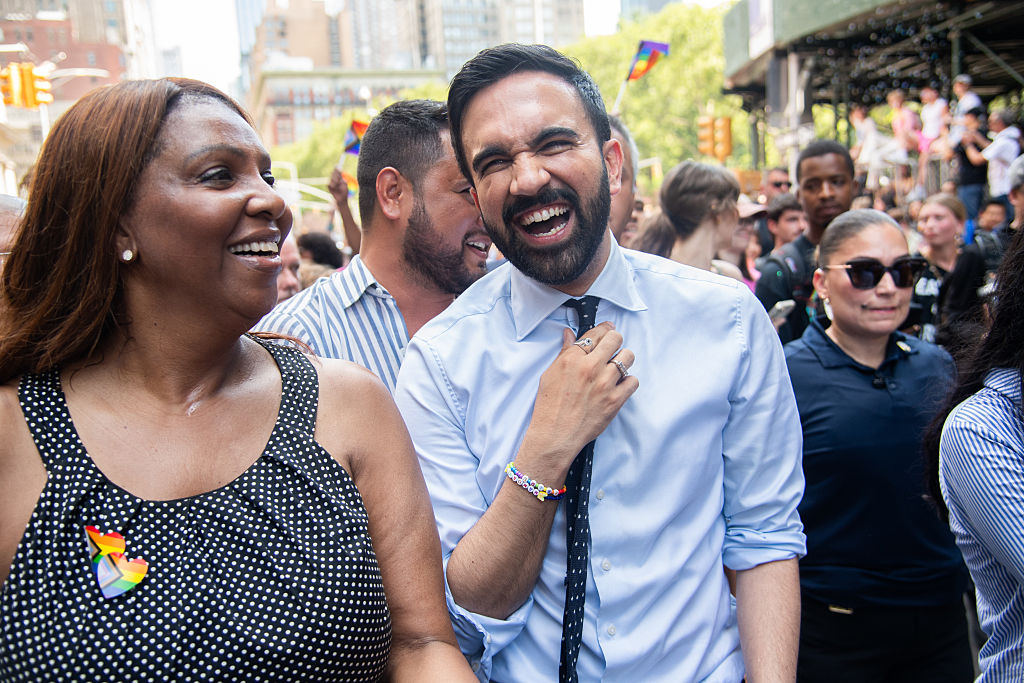Queens, NY, Once A Model Of Black Homeownership, Decimated By Subprime Crisis
NEW YORK — While April is fair housing month around the country, many Black Americans are struggling to find what’s fair about the foreclosure crisis – especially in Queens, New York.
Accoridng to U.S. Secretary of Housing and Urban Development Shaun Donovan, in the year 2000, Queens was the only county in the nation where the income of Black households was higher than that of white households.
RELATED: Top Five Things To Watch For At Sharpton’s NAN Convention
But by the year 2007, Black income in Queens had plummeted.
The reason, Donovan said, was the predatory lending that led to the subprime mortgage crisis. In 2007, 33 percent of the loans given out in New York City were predatory. These loans went to borrowers with credit scores that should have qualified them for conventional prevailing-rate loans.
Donovan spoke today at the Rev. Al Sharpton’s National Action Network convention, attended by many victims of the recent housing plunge.
“I was a victim of the crisis and was able to recover – but I have many friends who are now going through it – and losing something they have worked so hard for is tough for them,” said 56-year-old Artis Lang of Forest Hills, NY.
Jane Brewer, a middle-aged woman who grew up in Jamaica, Queens, has seen the dramatic shift from filled houses to “for sale” signs. ”It’s sad to see so many people lose their homes. I just hope some of them will be able to either keep them or get them back one day.”
RELATED: President Obama To Speak At Sharpton Convention Today
Keep us bookmarked for continuous coverage of Sharpton’s 2011 NAN Convention!
To correct this issue, the Department of Housing and Urban Development has built a foreclosure counseling program which has helped many African Americans from East Cleveland, Ohio to Jamaica hold on to their houses. This program, which launched early last year, provides counseling to many who need to make their rent or mortgage payments and instructs them to be a responsible tenant or owner in other ways.
“We have pushed back against this devastating crisis and it starts with the six million families we have provided counseling to,” said Donovan. “It’s a commitment we are making to the people of this country to help them keep their homes.”















